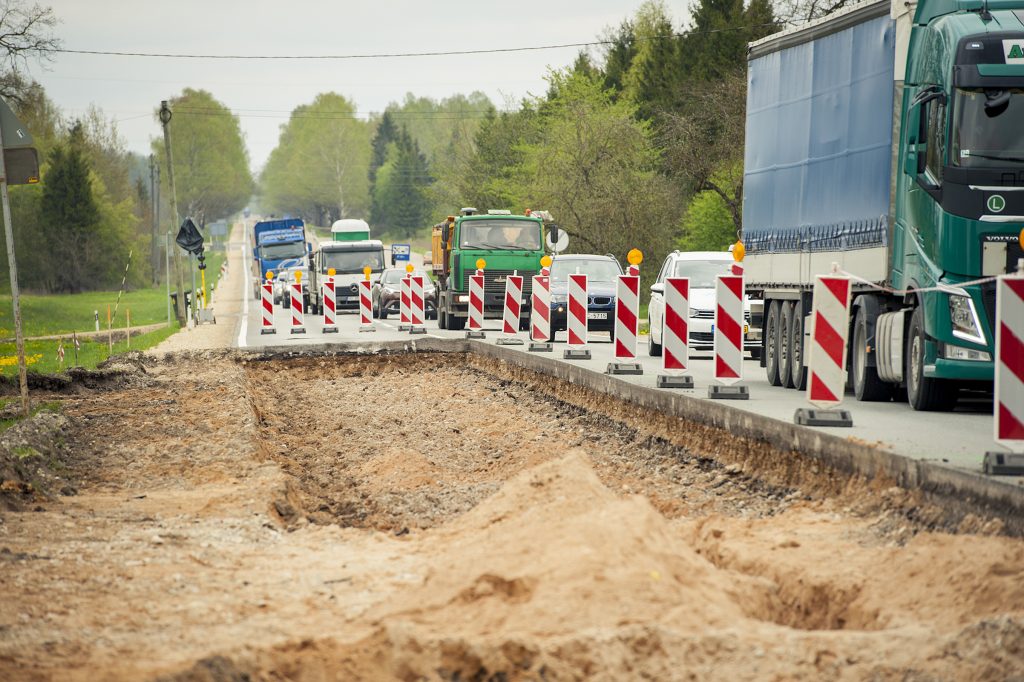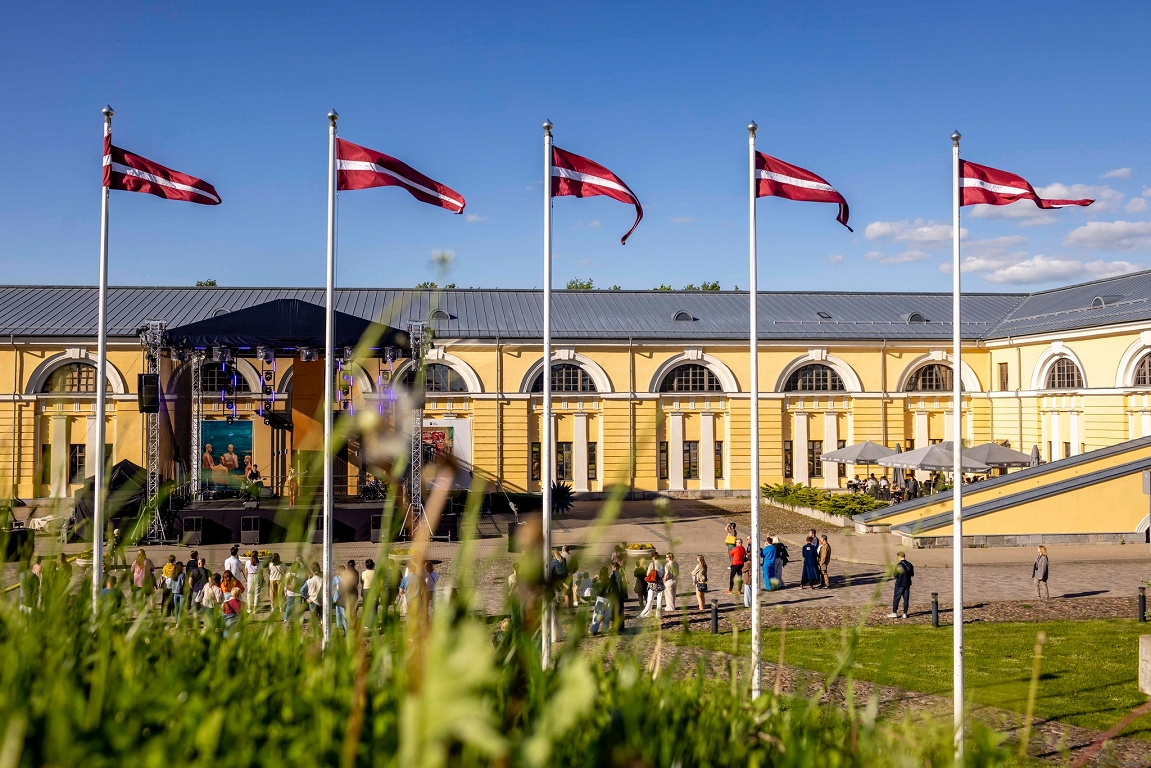Construction work this year will take place more than 600 kilometers of national road / day

Including the construction work on the country’s main roads will be 119 kilometers long, 259 kilometers on regional ones and 230 kilometers on the local.
By the type of construction work, the largest amount of work will be done by restoring the asphalt concrete pavement, such works will take place in 252 kilometers of state roads, 157 kilometers of roads will be rebuilt, 124 kilometers will be carried out – asphalt concrete pavement single surface treatment, and 47 kilometers of gravel road will be covered. Another 27 kilometers of gravel road will be restored.
The largest construction work to be started this year will be the rebuilding of the Daugavpils highway (A6) from Ganchauskas of Liksna parish to the Daugavpils Bypass (A14) and the reconstruction of Daugavpils bypass from the intersection with the Daugavpils highway to Svente, the regional road Gulbene-Balva Grava viaduct before Sigulda rebuilding (A2) and restoration of historic Lorupe culverts (V96).
Also this year the restoration of Vidzeme highway (A2) pavement from Grundzale to Jaunlaicene, as well as the restoration of the pavement of the regional highway Tukums-Kesterciems-Maryrags-Kolka (P131) from Kalten to Roja.
Mārtiņš Lazdovskis, Chairman of the Board of the LVC, points out that this construction season will be quite intense, as the LVC will work more on the road kilometers in terms of work, but the largest amount of work will be simpler technology – the restoration of the pavement.
« In the last few years, the LVC has actually been working only on state budget funding, as the European Union (EU) funds for the rebuilding of roads, as it was until about 2018, are no longer there, so simpler and cheaper technologies are increasingly used, » Lazdovsky points out.
He emphasizes that EU funding had ambitious rebuilding projects on both major and regional roads. « At the moment, when the money is less, we will not always be able to completely rebuild the stages in poor condition, most likely to improve the cover, considering that after a while the cracks will appear again because the pavement is not completely rebuilt, » Lazdovsky adds.
The LVC was established at the end of 2004 and is owned by the state. The company manages the State Road Network, administers funding from the State Road Network and organizes procurement for state purposes. The LVC manages more than 20,000 kilometers of national roads.







